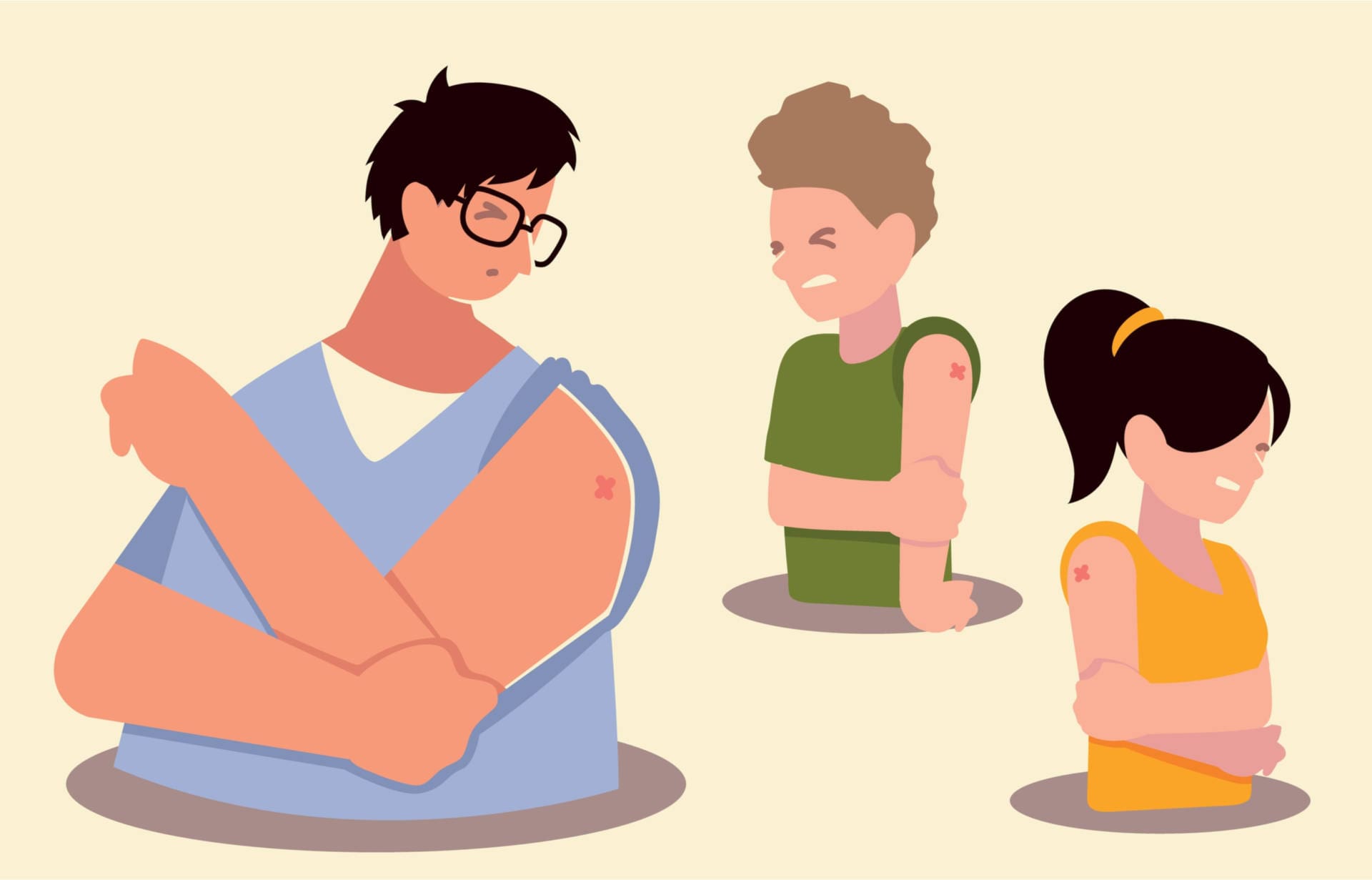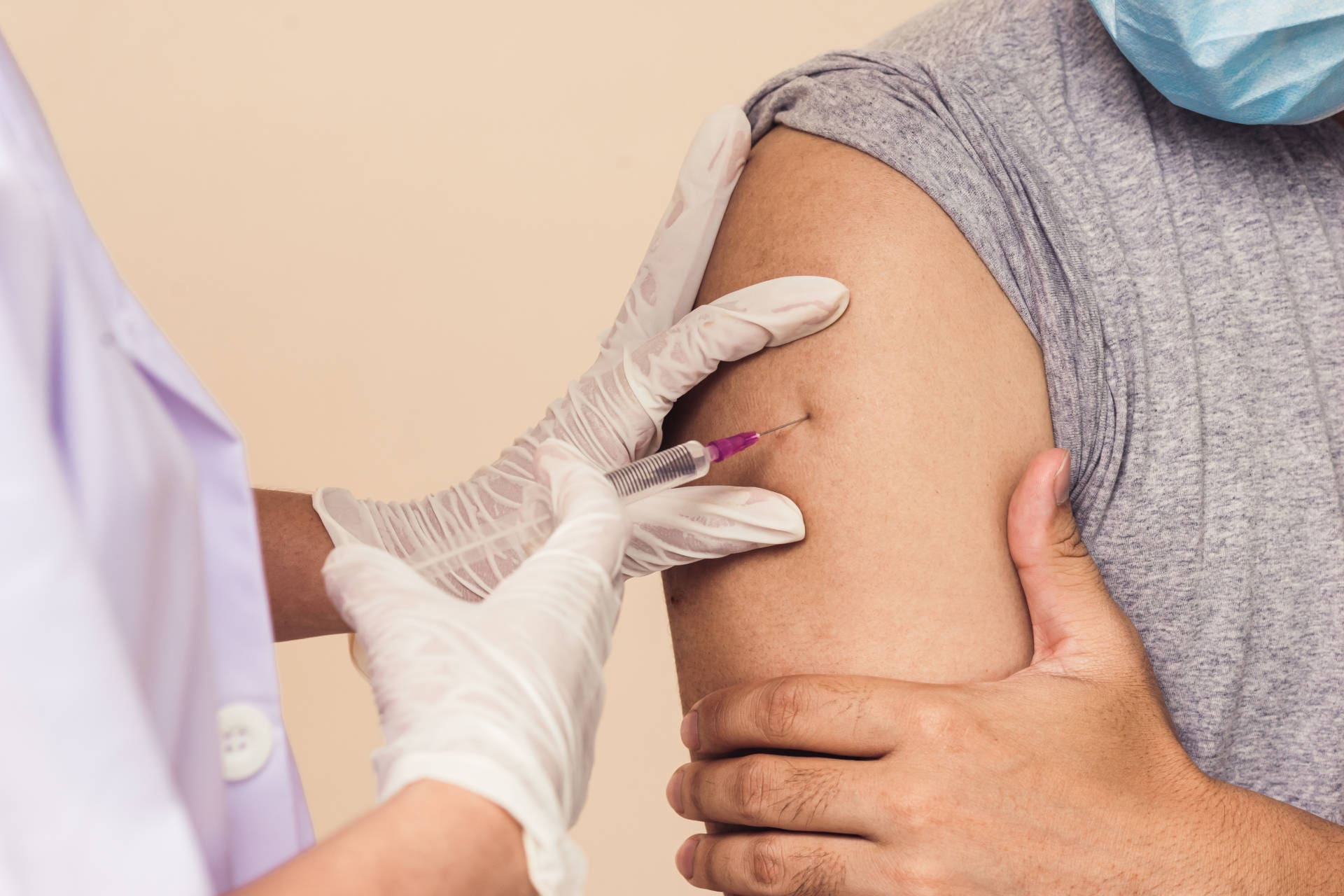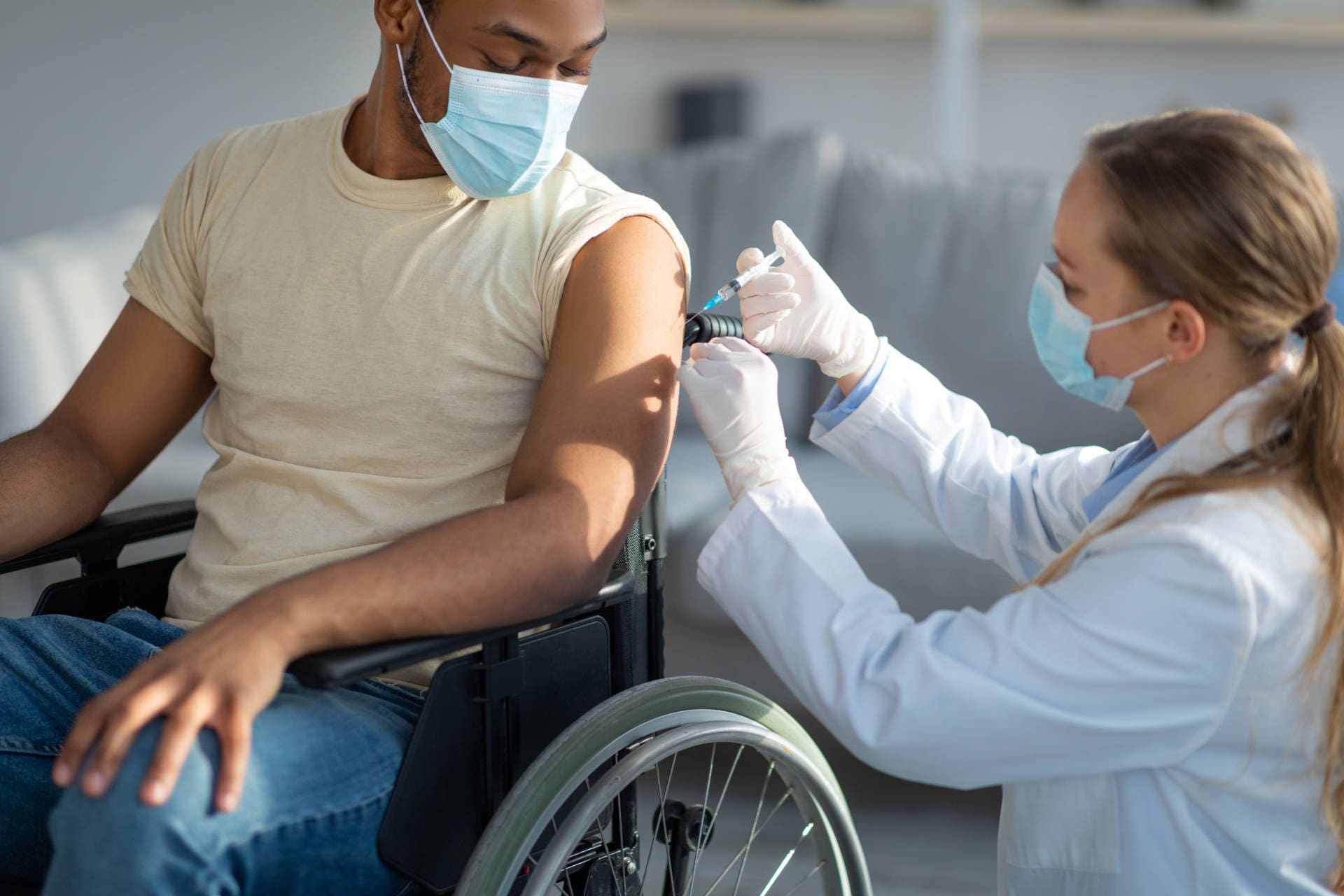SIRVA: What Is It? How Can A Vaccine Injury Lawyer Help Me?
If you are reading this, the first question that might arise is what does SIRVA stand for? Well, it means “Shoulder Injury Related to Vaccine Administration”. But, what does that exactly mean? This injury scenario happens when a vaccine is injected too high or too deep in the shoulder. This negligent act might lead to intense and ongoing pain in the shoulder and arm. Moreover, it could cause other shoulder injuries, such as a rotator cuff tear or tendonitis. That is why it is always better to talk to a Vaccine Injury Lawyer.
COVID-19 Vaccine Injury Claims
The NVICP does NOT currently handle COVID-19 vaccine injury claims
How Does SIRVA Work?
Every day thousands of people in the United States are safely vaccinated against diseases and illnesses. However, sometimes rare and debilitating reactions to vaccinations might happen. As a result, Congress created the National Vaccine Injury Compensation Program (NVICP); to help victims of adverse vaccine secondary effects. This federal program is an amendment from “The National Childhood Vaccine Injury Act of 1986“. The vaccine injury program is basically saying that people can get financial compensation from a vaccine injury.
So, if you suffered a shoulder injury related to vaccine administration (SIRVA), you can always start a claim through the NVICP under the Court of Federal Claims, in Washington, D.C.. If you are in pain due to a vaccine injury, you are entitled to compensation available from a $3 billion vaccine trust fund approved by the U.S. Congress. According to the Court of Federal Claims, this is the step by step for SIRVA cases for people that have suffered a vaccine injury:
- First, a lawsuit must be brought in the United States Court of Federal Claims against the Secretary of the Department of Health & Human Services
- Next, Department of Justice attorneys and Department of Health & Human Services physicians decide whether to compensate the claim from the vaccine trust fund
- Last, if the government agencies do not agree to compensation, the Court of Federal Claims decides whether compensation of the injured person from the vaccine trust is appropriate
What Are The Most Common Symptoms Of SIRVA?
SIRVA itself does not fall under one single category of medical diagnosis. If you are currently experiencing some of the following symptoms of SIRVA, you should contact your doctor, right away. You might think that this ongoing pain is something small, but you don’t know that potential future consequence of this vaccine injury. As we mentioned before, SIRVA happens when a vaccine is injected into the shoulder capsule rather than the deltoid muscles in your shoulder. Basically, a shoulder injury occurs when a vaccine is improperly administered.
These are the main Symptoms of SIRVA:
- Severe shoulder pain. The most telltale symptom of SIRVA is severe pain in the shoulder that begins within 48 hours of injection. Pain can be intermittent or persistent, and often becomes worse when you use the affected arm.
- Decreased range of motion. If you have a shoulder injury from a vaccine, you will likely lose mobility in your injured arm. Tasks that were once easy to do, such as dressing yourself, may cause intense shoulder pain.
- Inflammation. SIRVA also causes inflammation in your injured shoulder. Oftentimes, the shoulder joint itself is inflamed, making it difficult to move your arm without causing pain. You may experience swelling, and your shoulder may hurt when you touch it.
- Arm pain. This SIRVA symptom often comes hand-in-hand with shoulder pain. Arm pain is also a sign that your nerves were damaged from the vaccine administration.
Shoulder Injuries Related to SIRVA
Vaccines are sometimes given too high on the shoulder or too deeply into the tissue. This can generate a vaccine injury, which could lead into shoulder injuries related to SIRVA. There are different types of shoulder injuries, which are currently linked to hypodermic vaccinations. These injuries result not from the vaccines themselves, but rather from issues during the injection. This means that you can experience SIRVA regardless of the disease for which you are being vaccinated.
These are the most common SIRVA scenarios:
- Adhesive Capsulitis (Frozen Shoulder) – Adhesive capsulitis is characterized by severe stiffness and pain in the shoulder
- Brachial Neuritis – Brachial neuritis is characterized by inflammation leading to the sudden onset of shoulder pain, followed by weakness or numbness
- Reduced Range of Motion – SIRVA often leads to a reduced range of motion
- Shoulder Bursitis – The bursa is a fluid-filled sac that serves to reduce friction between tissues in your shoulder
- Tendonitis – Tendonitis involves inflammation of the tissue connecting the muscles and bones in your shoulder
How Are Shoulder Vaccine Injuries Treated?
The most common treatments for SIRVA are pain medication and physical therapy. This will alleviate your vaccine injury’s inflammation, and speed the healing process. On the other hand, if you have been experiencing SIRVA for an unusual extended period of time, you need to contact a vaccine injury lawyer. This is because you may be eligible for compensation from the National Vaccine Injury Compensation Program.
These are the main shoulder vaccine injury treatments:
- Rest. SIRVA injuries involve inflammation. By resting the muscle, ligaments and tendons in your shoulder may recover
- Physical therapy. Physical therapy can help improve your muscle strength and speed your recovery
- Pain medication. This can include ibuprofen, acetaminophen, or a prescribed medication.
- Surgery. Your doctor may recommend a specific procedure as a final option for your SIRVA
Vaccine Injury Lawyer That Handles SIRVA Cases
There are several vaccine injury lawyers out there that might be able to take your SIRVA case. However, it is essential for you to be aware of the law firm that you decide to retain. You should hire the best attorney for you and your case. Now, deciding on the best lawyer for you might be tricky, that’s why you should always ask as many questions as possible in order to be on the same page. You need a legal team, not just a person. Moreover, you’ll need people that are comfortable dealing with Federal claims. For more information about SIRVA, contact Malloy Law Offices, LLC.



